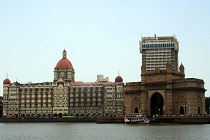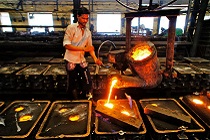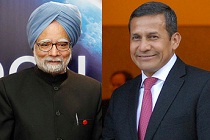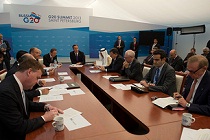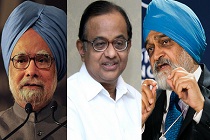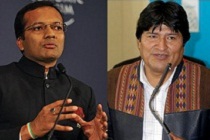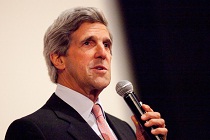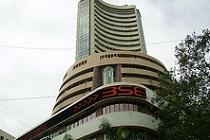Raghuraman Rajan: Making Mumbai great again
Earlier in September, Raghuram Rajan took over as Governor of the Reserve Bank of India for three years. While his entry has indeed alleviated the gloomy market environment in Mumbai, there’s more that needs to be done. How can Mumbai reclaim the natural cosmopolitan and intellectual legacy it once boasted of?

